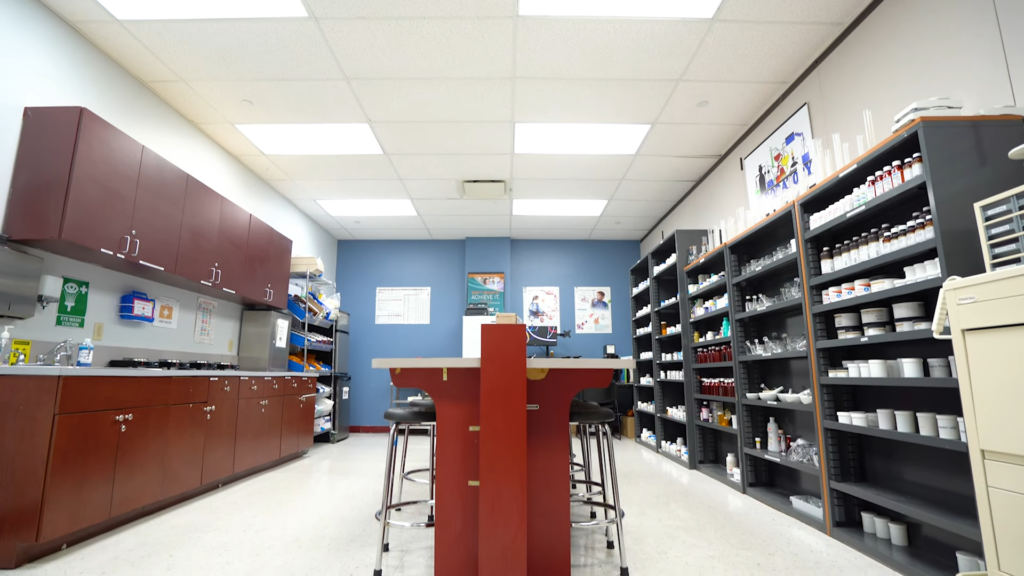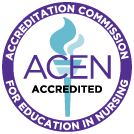
In many ways, nurses serve as the backbone of the healthcare industry. They provide much needed patient care and are an essential part of any medical team or facility. It is no surprise that many nurses have joined the frontline fight against the COVID-19 outbreak.
Nurses working in hospitals and clinics are administering coronavirus testing, treating those with milder symptoms, and providing emergency patient care in emergency rooms and intensive care units across the country. These brave healthcare providers are risking their lives to save others and help stop the pandemic. As a healthcare vocational school in Miami and Miramar, we applaud these healthcare workers and say thank you!
According to an April report by the U.S. Centers for Disease Control and Prevention, over 9,200 healthcare workers have contracted the coronavirus, with 27 deaths reported.1 Health officials stress that the true number of healthcare infections and deaths is likely higher.2
In addition to facing these health risks, nurses all over the country are facing numerous challenges that are making it even more difficult to provide top-level care during these unprecedented times.
Face Masks and PPE Shortages
As the cases of coronavirus increased in the United States, several states and facilities reported they were experiencing shortages of critical surgical masks, respirators, gowns, gloves, and other personal protective equipment (PPE). Healthcare workers and nurses need this protective gear to protect themselves and their patients from COVID-19. The rising global demand for protective gear has caused a disruption to the global supply of PPE. The World Health Organization called for a 40 percent increase of manufacturing of PPE to meet demand.
“Without secure supply chains, the risk to healthcare workers around the world is real. Industry and governments must act quickly to boost supply, ease export restrictions and put measures in place to stop speculation and hoarding. We can’t stop COVID-19 without protecting health workers first.” – WHO Director-General Dr. Tedros Adhanom Ghebreyesus3
Not Enough Nurses
Even before the coronavirus outbreak, several states already had nursing shortages. As thousands of patients infected by the COVID-19 virus flood hospitals around the country, there will be a significantly increased demand for nurses, particularly for emergency room and intensive care unit positions. Currently, of the 3.3 million working registered nurses, nearly 60 percent work in hospitals. However, only 15 percent of hospital-employed RNs (about 290,000) work in critical care units.4
Even as U.S. hospitals rush to fill in thousands of “crisis” nursing job positions,5 nurses on the front lines are now being increasingly overworked. Nurses in critical care units are having to care for larger numbers of patients at a time. These conditions make it harder to maintain the same level of care. Speaking with NBC News, Katherine Ramos, an emergency room nurse in New York said:
“People will die because, realistically speaking, you cannot attend to ten, 20, or 30 patients to yourself. How could you possibly give the care, the quality care that is necessary? You can’t.”5
Decreased Hours and Jobs
On the other end of the spectrum are nurses working in other departments that have not been deemed critical units. A growing number of these nurses are out of work or even losing their jobs. As more “elective” or non-urgent medical procedures are being delayed in response to the COVID-19 outbreak, many hospitals have experienced a massive loss of income.
Looking to cut costs, more and more nurses are being asked to stay at home without pay by the healthcare facilities that employ them. Nurses have seen major cuts to their hours, been furloughed, or even been laid off.6
Even as coronavirus nurses are experiencing these challenges every day, their essential role in the fight against COVID-19 cannot be overstressed. If the coronavirus pandemic has made anything clear, it is the fact that nurses are the backbone of not only the American healthcare system but also of the global healthcare system.
“Nurses and health workers are at the forefront of COVID-19 response, working tirelessly to care for everyone’s loved ones, even when their own lives are at risk.” As we clap daily to express our appreciation for the health workers around the globe, let us not lose sight of the investments that they need to be strong enough to ensure that everyone, everywhere gets the healthcare they need.” – Dessislava Dimitrova, Head of Healthcare Transformation at the World Economic Forum 7
FVI School of Nursing has two campuses in South Florida: FVI Miami and FVI Miramar. In addition to offering several healthcare courses, our nursing school in Miramar offers an excellent RN nursing program. Our Miami nursing school offers both the (ASN) Associates of Science in Nursing degree program and a practical nursing program. For more details on our nursing programs, please Contact us or call 786-574-3350 . Start your Florida nursing career today by applying online.
Sources
- S. Centers for Disease Control and Prevention – Characteristics of Health Care Personnel with COVID-19
- Christina Jewett and Liz Szabo – Coronavirus is killing far more US health workers than official data suggests
- World Health Organization – Shortage of personal protective equipment endangering health workers worldwide
- Joanne Spetz, Health Affairs – There Are Not Nearly Enough Nurses To Handle The Surge Of Coronavirus Patients: Here’s How To Close the Gap Quickly
- Sarah Fitzpatrick et al., NBC News – S. hospitals brace for another challenge – an unprecedented shortage of nurses
- Aleem Maqbool, BBC News – Coronavirus: Why so many US nurses are out of work
- Josephine Moulds, World Economic Forum – On World Health Day, new report says the world needs 6 million more nurses









